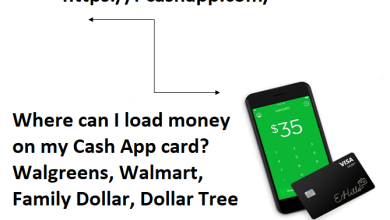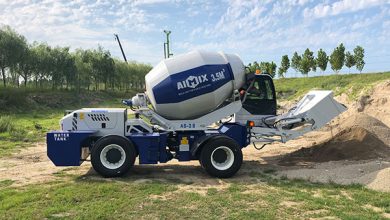
Mortgage compliance is a bit complicated. But it doesn’t matter if you are a borrower, lender, or loan officer, understanding it can help you avoid major problems.
So, what is mortgage compliance? Well, we’ll answer that question and more in the content below.
What Is Mortgage Compliance?
To fully understand the importance of mortgage compliance, you must know what it is. Mortgage compliance explains the regulations that control the mortgage process. Following mortgage compliance is a legal obligation and everyone must adhere to it.
This compliance guarantees that mortgage professionals adhere to regulatory laws. It also is a way for loan officers to assist unconventional borrowers. It’s a loan officer’s duty to solve issues for borrowers.
What’s the Purpose of Mortgage Compliance?
Mortgage compliance acts as protection against suspicious activities. There are customers who will try illegal means to obtain a home. However, being knowledgeable about mortgage compliance helps loan officers recognize issues quickly.
The Importance of Compliance
There’s a reason why compliance is so important. Firstly, loan officers are legally required to know mortgage compliance. But it also protects the consumer.
Compliance reduces the borrower’s risk. This comes in the form of being honest about closing costs and fees. Plus, it includes helping the borrower get the right type of home insurance. Furthermore, mortgage compliance protects the lender. There are several laws in place that are designed to reduce the financial institution’s risk as well.
Finally, mortgage compliance is a tool that’s used to monitor and improve the loan process. The only way to enhance the process is to keep track of it. By collecting information via regulatory mandates, it allows for the home buying process to become better over time.
The Different Types of Compliance Regulations
There are numerous mortgage forms to keep up with, which makes things complicated. However, certain compliance regulations are mandatory to follow, like the Homeownership Protection Equity Act. This act prevents homeowners from overpaying on their private mortgage insurance.
Also, the Home Mortgage Disclosure Act, also known as HMDA, is a mandatory process that credit unions must follow. They must collect, maintain, and report all details under the Home Mortgage Disclosure act. This is also helpful for the consumer because it exposes discriminating lending practices.
Furthermore, mortgage compliance is beneficial for understanding flood zones. Flood Zone Determination states that financial institutions cannot renew or make a new loan for homes located in flood zones. Homeowners must buy flood insurance if they live in high-risk areas.
Follow the highlighting link to learn more about HMDA Reviews.
Understanding Mortgage Compliance
By understanding mortgage compliance, you’ll protect yourself against a huge headache. There are so many steps that go into the home buying process. But thankfully, there are regulations in place to maintain the integrity of home buying.
To read more content like this, continue browsing our website. There, you’ll discover other interesting articles.




